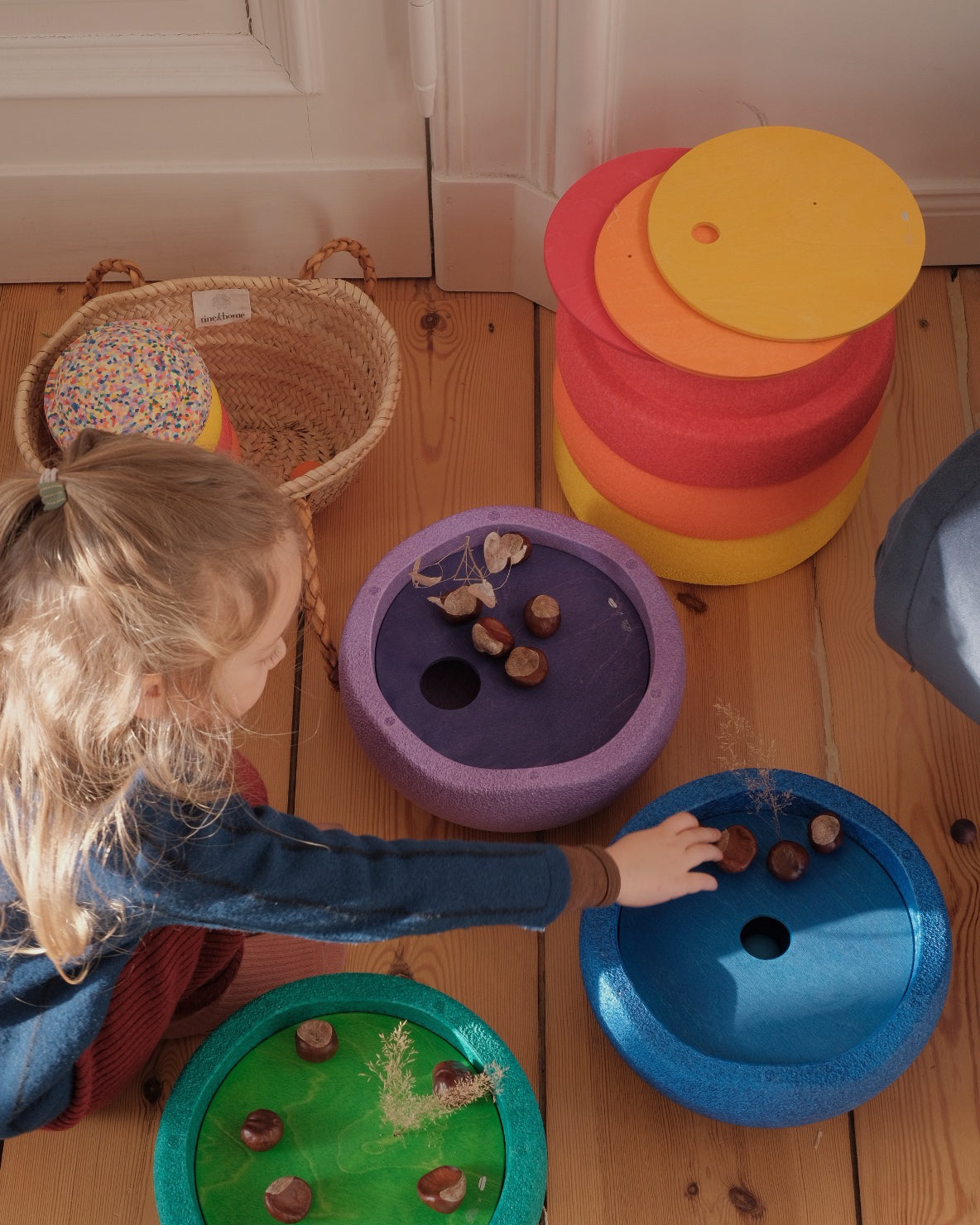Do you know that pretend play, or imaginative play, can shape your child’s cognitive, social, and emotional growth? Children playing pretend get to explore their creativity while building problem-solving and interpersonal skills. Hence, pretend play is fundamental to a child's early development.
Benefits of Pretend Play for Early Childhood Development

1. Enhancing Cognitive Skills—Problem-Solving and Creativity
Imaginative play cultivates logical thinking and decision-making as children encounter different challenges and obstacles in their pretend scenarios. In encouraging children to use their imagination and think outside the box, it can foster a creative and innovative mindset from young.
2. Developing Social Skills
Children get to put cooperation and collaboration into practice as they interact with others in their make-believe worlds. Through pretend play, children learn the importance of taking turns and sharing, building the foundation for positive social interactions. Hence, (fingers crossed) pretend play can cultivate essential social skills and nurture compassionate and empathetic individuals.
3. Emotional Development
By pretending to be different characters and immersing themselves in various scenarios, children tap into their emotions and learn how to understand and manage them. This role-playing and exploration of different perspectives deepen the children’s sense of self and boost their confidence and self-esteem.
Stages of Play & Pretend Play
Firstly, parents should understand the different stages of play and pretend play. You will then be able to identify the stage of play your child is at and help him/her progress accordingly.
Stages of Play
| 0 to 3m | Unoccupied Play | Baby moves a lot, e.g., with its arms, legs, hands, and feet, and learns about how the body moves |
| 0 to 2y | Solitary Play |
Child plays alone and is not interested in playing with others yet |
| 2y | Onlooker Behaviour |
Child begins to watch other children playing but does not play with them |
| 2y+ | Parallel Play |
Child plays near other children but not with them |
| 3-4y | Associate Play |
Child begins to interact a little with others during play. He/She may be doing something related to the children nearby, but may not be interacting with another child |
| 4y+ | Cooperative Play |
Child plays together with others and is interested in both the activity and the other children playing with him/her |
Stages of Pretend Play
Stage OneChild is not actively "pretending" yet, but starting to differentiate between ‘real’ and ‘not real’ |
About 12mChildren may want to shield themselves from the rain by using an actual/toy umbrella or a plastic container. |
Stage Two
Child starts to show the first signs of pretending, e.g., taking an imaginary bite from his/her plate while making noises to show he/she is 'eating' |
About 12m
A child pretending to cut grass may be using a windmill toy instead of a real grass cutter or a toy that symbolises the real grass cutter. |
Stage ThreeToddlers starting to play with dolls, perceiving their dolls as living beings capable of feelings and experiences like hunger and tiredness. Shows that a child’s thinking skills have advanced. |
Between 12 and 24mYour child may pass you a cup for you to sip from or try to feed you with an empty spoon. This shows that he/she is becoming aware that others are separate beings from himself/herself. |
Stage FourChild learns to use logical sequencing in his/her pretending, which helps strengthen his/her memory of things learned from watching others and how they behave in various situations, in a play context. This knowledge can be useful later |
Between 2 and 3yThe child undresses her doll before bathing it. |
Stage FiveChild collects props and items that he/she requires for his/her pretend play. He/She knows specifically what he/she wants to act out and plans accordingly |
>4yHe/She may pretend to be a teacher giving a lesson, or a mother going to the shop with her child. |
Pretend Play Setup Ideas
- Base the setup on the child's interest. (Only parents/caregivers know what works for a child. Every child is different—what works for my child may not work for yours and vice versa)
- Every family has different dynamics; do what is best for your family.
- These setup ideas aim to inspire (not intimidate), so they can range from very simple to elaborate.
Click for setup ideas
Tips for Pretend Play
Click here to find out more about how a particular pretend play setup can help enhance cognitive skills and develop social skills and emotional awareness.
Conclusion
Do not underestimate the significance of pretend play in early childhood development. Parents, educators, and caregivers play crucial roles in creating a supportive and inclusive environment that allows children to engage freely in pretend play. Encouraging and nurturing pretend play lay the foundation for the holistic development of resilient and well-rounded individuals. So, let us embrace the power of pretend play and give our children the opportunity to explore, create, and imagine!



